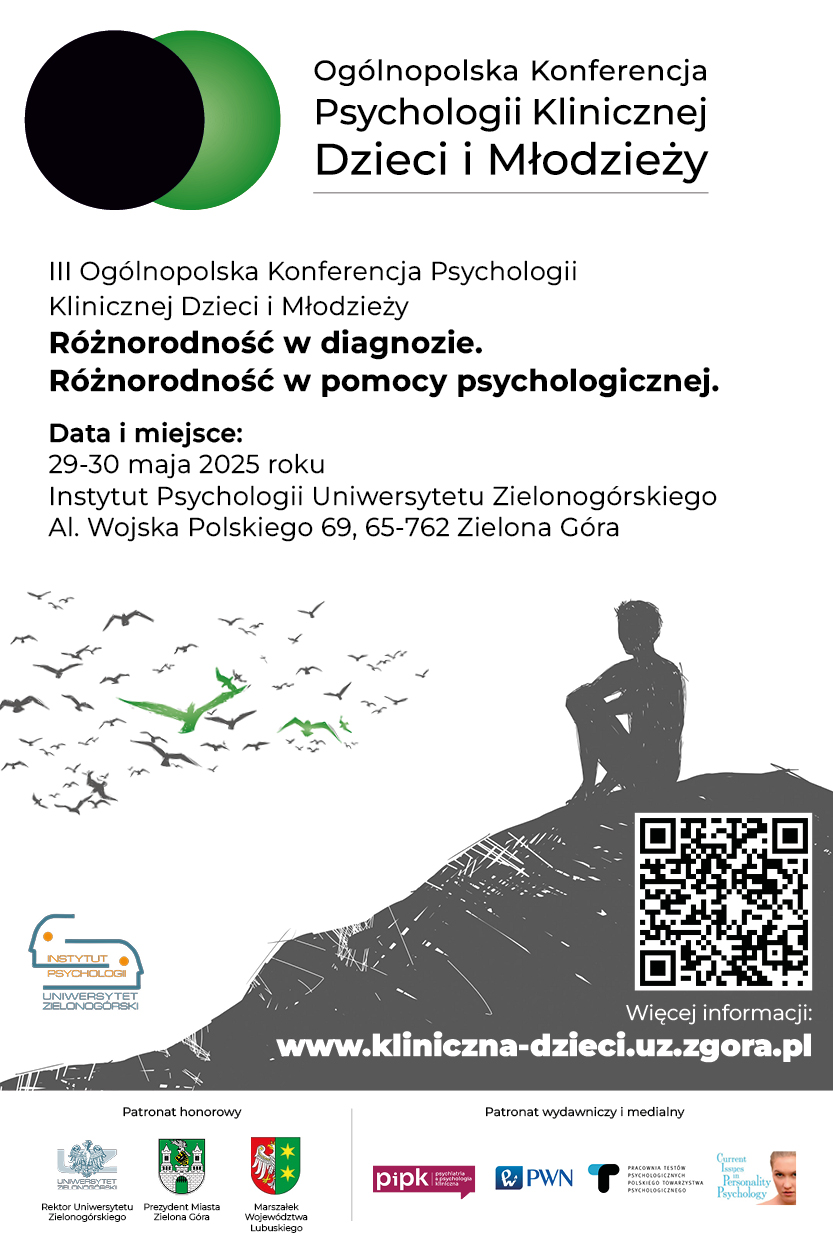Psychological and social determinants of early support for the development of a child staying with its mother in prison isolation
Ilona Fajfer-Kruczek
 Affiliacja i adres do korespondencji
Affiliacja i adres do korespondencjiThe development of an individual and its determinants are of interest to medicine, psychology, educational science and sociology. A child staying with its mother in prison isolation is a special, difficult social situation. On the one hand, it allows for a normal development of a child aged 0–3 years, but on the other hand, it is associated with a number of risks. The aim of the article is to present the determinants of the development of a child staying with its mother in prison isolation in the social context as well as in the light of selected psychological theories. The paper presents the peculiarities of prison stay of women who are mothers as well as its legal, formal and rehabilitative aspects with regard to the mother, the child and the mother–child dyad. It is assumed that mother and child homes within correctional facilities are a form of early support of the child’s development in the difficult situation of the mother being imprisoned. The article provides a detailed description of the standards of the mother and child’s stay at such facilities (residential, recreational and therapeutic rooms, living conditions) as a form of securing the basic and specific needs of women and children. The paper focuses on presenting the environmental factors that support and protect the normal development of the child and the mother-and-child relationship such as the presence of the correctional facility staff (counsellors, psychologists) and medical personnel (physicians, nurses). The article also presents resources (intellectual norm, high motivation to fulfil oneself in the role of a mother) and adverse factors (deficits in functioning in social roles, low self-esteem, lack of a sense of competence or exploitative treatment of children) for women convicted of a crime as well as methods of rehabilitation, education and therapy. Important aspects of the discussed interventions include shaping an appropriate relationship between the mother and the child, building parental skills and continuous verification of the state of the relationship by the correctional facility staff. The presentation of the praxeological dimension of the problem represents a starting point for further investigation of the subject.






















